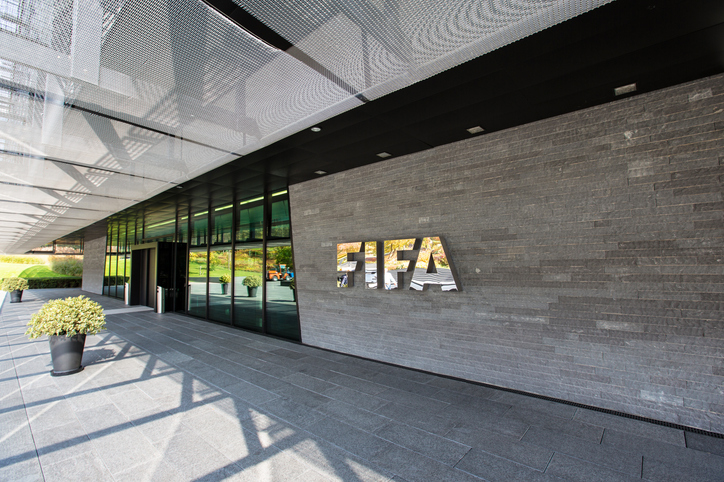Without the hurdle of centralized legislation governing the industry, the sports domain has attracted sophisticated money laundering schemes to achieve lucrative business transactions. The need to effectively police economic misconduct has become imperative for sports enterprises and online sports gambling platforms as there remains no regulatory federal oversight within this industry.
The recently established Anti-Money Laundering (AML) Whistleblower Program can play a key role in combating the illicit side of the sports world. The program offers monetary awards and anti-retaliation protections to individuals who disclose money laundering violations to U.S. authorities.
The 2018 Supreme Court case Murphy v. NCAA, 584 U.S. 453, reserved the right to delegate regulatory authority on sports betting to the states. Thus, the absence of extensive federal legislation has left sports betting largely unregulated at the national level. Likewise, sports enterprises function as self-governing bodies as they are not subject to federal or state regulation. Given this, the efficient enforcement of AML laws is a driving force in preventing illicit activities and deceptive practices within professional sports.
A crucial function of the AML provisions is to strengthen enforcement mechanisms to counter illicit activity in areas that lack specialized regulatory environments, such as sporting enterprises and the sports gambling industry. Enforced by the Department of Treasury, the Financial Crimes Enforcement Network (FinCEN), the International Revenue Service (IRS), and the Department of Justice (DOJ), AML laws can effectively police financial and non-financial institutions complicit in money laundering activities.
The AML Act of 2020 broadened the scope of culpable actors, reporting requirements, transactional record keeping, penalties, and international collaboration. Additionally, entities are expected to comply with the Know Your Customer (KYC) process by verifying clients’ identities, understanding the nature of their activity, and confirming the source of funds to affirm legitimacy.
The AML Whistleblower Improvement Act established the AML Whistleblower Program, an important tool for balancing the unregulated sports environment and targeting corruption within the industry. These provisions offer monetary awards and anti-retaliation protections to whistleblowers who report money laundering violations.
Incentivizing whistleblowers to step forward can help prevent and uncover large money-laundering scandals, such as the 2015 FIFA bribery scandal and the 5Dimes illegal offshore gambling scheme or the more recent allegations against Ippei Mizuhara, the former interpreter for Shohei Ohtani of the Los Angeles Dodgers.
The sports industry has become a space where illicit opportunities abound, providing an underregulated platform for actors to invest in lucrative schemes. The AML Whistleblower Program provides a pathway for individuals to assist law enforcement in uncovering these illicit schemes and be awarded.
